Furnishing your home is no longer just about style and comfort. More and more, consumers are looking for products that respect the environment and promote responsible consumption. The furniture industry has taken note and is adapting by offering innovative, sustainable solutions. Here’s a look at the major eco-friendly trends shaping the future of furniture.
🌱 1. Sustainable and Recycled Materials
Material choice is at the heart of sustainable design. Manufacturers now favor renewable resources and low-impact options, such as:
-
FSC-certified wood: from responsibly managed forests
-
Recycled materials: plastics, metals, and fabrics given a second life
-
Natural fibers: like linen, hemp, and organic cotton, which are biodegradable and chemical-free
These materials not only reduce the furniture’s carbon footprint but also offer a warm, natural aesthetic.

🔄 2. Circular Economy and Upcycling
Circular economy practices aim to extend the life of products through repair, reuse, or transformation. In furniture, this means:
-
Refurbishing: restoring old pieces to give them new life
-
Upcycling: creatively repurposing discarded materials into one-of-a-kind furniture
A smart and sustainable way to decorate your home with unique character.
🛠️ 3. Eco-Design and Modularity
Designing sustainable furniture also means thinking about its full life cycle. Eco-design includes environmental criteria from the start:
-
Easily dismantled furniture: for better repair, recycling, or moving
-
Modular elements: that adapt to changing needs over time
This flexibility supports a more thoughtful, long-term approach to consumption.
🏠 4. Local and Responsible Production
Choosing locally made furniture offers many benefits:
-
Lower emissions thanks to shorter transportation routes
-
Support for local craftsmanship and the regional economy
-
Transparency in materials and production practices
At Beaudoin, we’re proud to design and manufacture our products right here in Canada.

🌍 5. Certifications That Guide Your Purchase
In Canada and Quebec, several certifications help you identify truly eco-responsible furniture:
🌲 FSC (Forest Stewardship Council)
-
Wood from responsibly managed forests
-
Widely recognized across Canada
🛠️ CSA (Canadian Standards Association)
-
Confirms safety and environmental compliance of certain furniture components
-
Common in Canadian industry standards
🪑 “Made in Quebec” Certification
-
Official label for locally designed and assembled products
-
Supports regional jobs and reduces environmental impact
🌿 GREENGUARD & GREENGUARD Gold
-
Ensures low emissions of volatile organic compounds (VOCs)
-
Especially relevant for mattresses and upholstered furniture
♻️ EcoLogo (UL Environment)
-
Canadian eco-label assessing a product’s full life cycle
-
Trusted by governments and institutions
💚 Conclusion: Choosing a More Responsible Home
Choosing eco-friendly furniture means supporting the planet while creating a healthy, stylish, and lasting interior. With sustainable materials, local production, and certified practices, each purchase becomes a small step toward greater environmental responsibility.
At Beaudoin, we believe that comfort and sustainability go hand in hand. That’s why we are committed to offering you quality products—crafted locally with care and conscience.




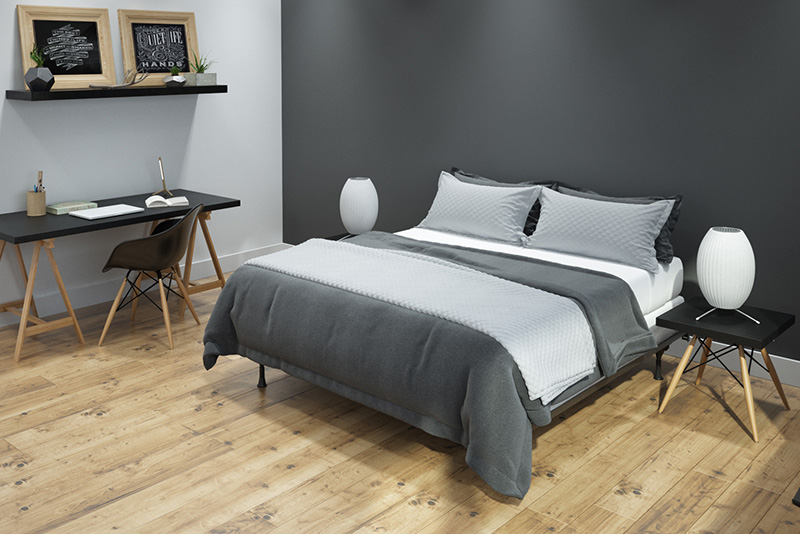
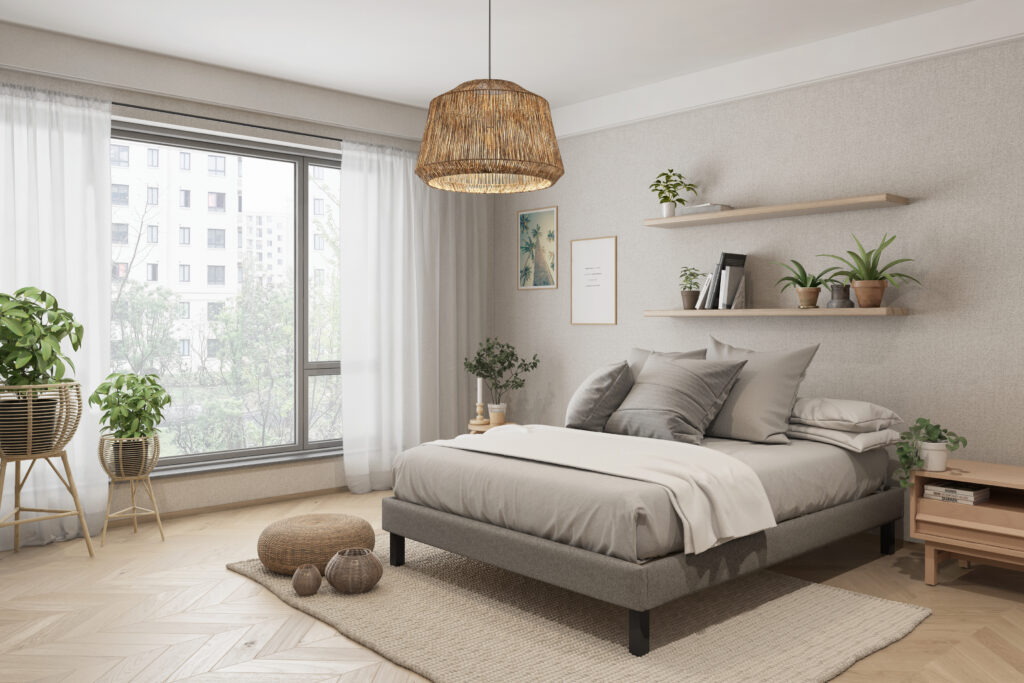

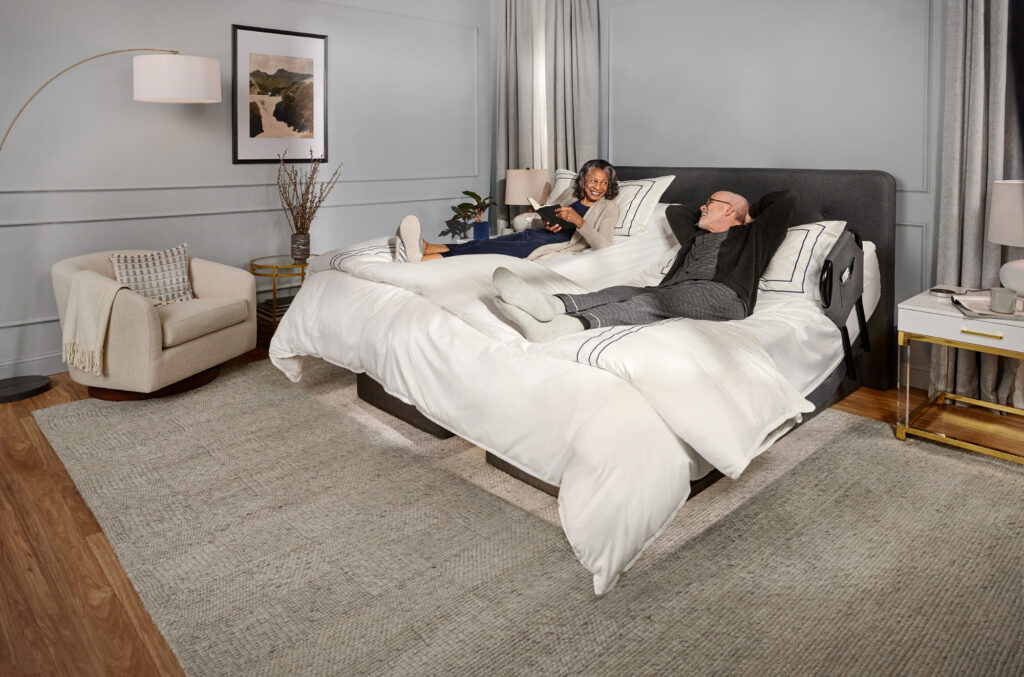
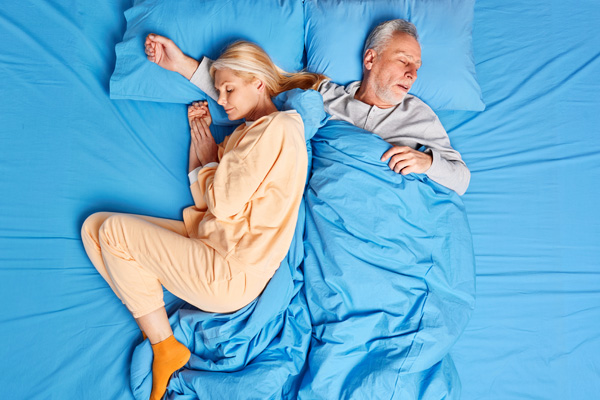

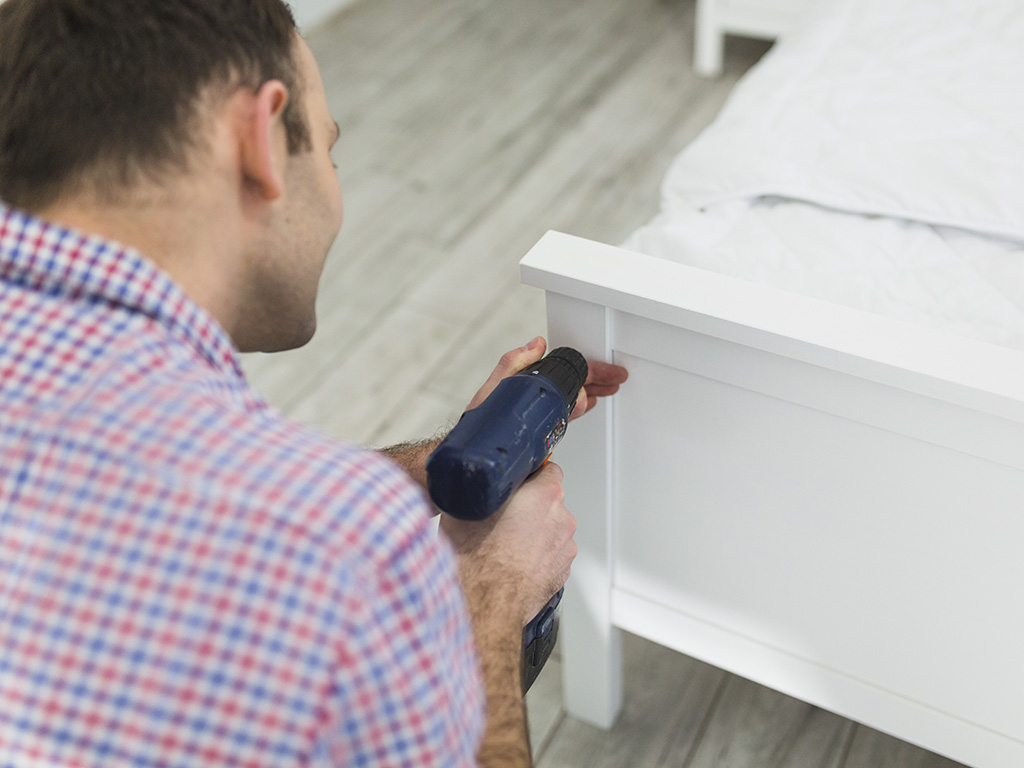 4. Regular inspection and tightening of components
4. Regular inspection and tightening of components















